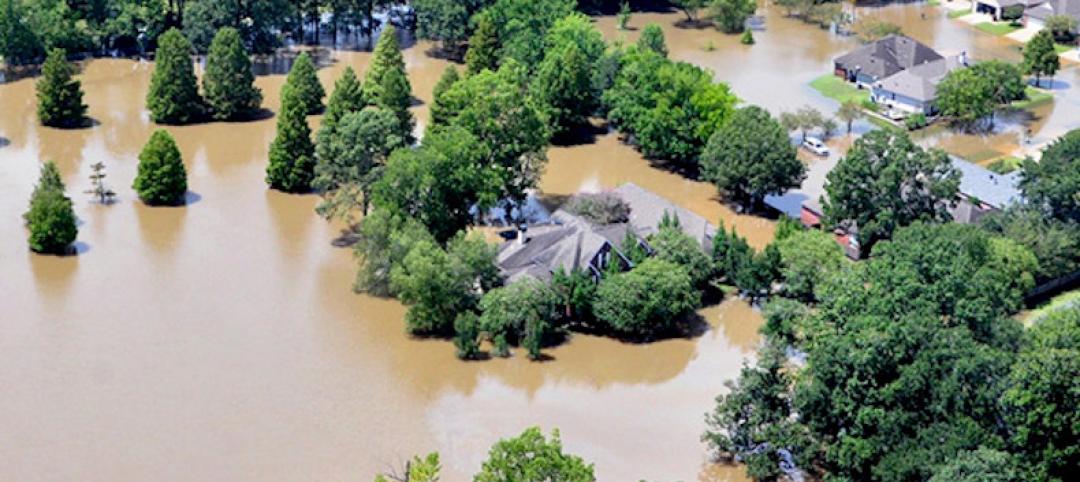Proposed changes to the Massachusetts energy code would provide incentives for builders to fully electrify buildings, but not impose a ban on natural gas hookups.
The state’s Department of Energy Resources recently proposed updating the stretch energy code used by 85% of Bay State towns and cities. The department also proposed another stretch code option that could be adopted by communities.
It would include the option for homes or businesses that use fossil fuels to install on-site solar panels where feasible and include electrical wiring needed for easy conversion to electric systems. The changes address 2021 legislation that required Massachusetts to reduce greenhouse gas emissions by at least 50% below 1990 levels by 2030.
The state is aiming for net-zero economywide emissions by 2050.
Related Stories
Codes and Standards | Mar 16, 2020
Concrete industry reduces carbon footprint by 13% over five years
Result mostly due to more efficient use of Portland cement.
Resiliency | Mar 13, 2020
Feds push use of eminent domain to force people out of flood-prone homes
Local officials that don’t comply could lose federal money to combat climate change.
Codes and Standards | Mar 12, 2020
Design guide for sloped glazing and skylights updated for first time in 30 years
Helps with choosing proper glass for non-residential applications.
Codes and Standards | Mar 11, 2020
Two tree species native to the Northeast found suitable for CLT
Eastern white pine and eastern hemlock pass strength testing.
Codes and Standards | Mar 10, 2020
Prescient receives ICC certification for seismic resilience system
Technology suitable for buildings up to 12 stories in earthquake-prone areas.
Codes and Standards | Mar 6, 2020
Design firms creating plans to re-imagine D.C.’s tidal basin
Area including National Mall is facing increased flood risk.
Codes and Standards | Mar 5, 2020
France to mandate all new public buildings be 50% timber or other natural materials
Measure would go into effect by 2022.
Codes and Standards | Mar 4, 2020
American Concrete Institute and Precast/Prestressed Concrete Institute expand partnership
Will collaborate on new code requirements.
Codes and Standards | Mar 3, 2020
Wallcoverings industry releases product scorecards concerning sustainability
Tool adds more transparency to certification.
Codes and Standards | Feb 28, 2020
Bay Area communities struggle with what to do about rising sea level
Policies include sea walls, levies, and relocation.

















